When the paper gives way to the electronic screen
Reading culture is not just opening a book, but also a way of approaching, contemplating and applying knowledge. But nowadays, in many universities in Hanoi , students no longer regularly go to the library or read printed newspapers. Studying, looking up documents, reading stories or specialized books are mostly done via phone or computer.
Nhu Quynh, a third-year student at Hanoi National University of Education, shared: "Every year I only read about 3 paper books because I mainly use the iPad to read and take notes quickly, it's more convenient than carrying books."
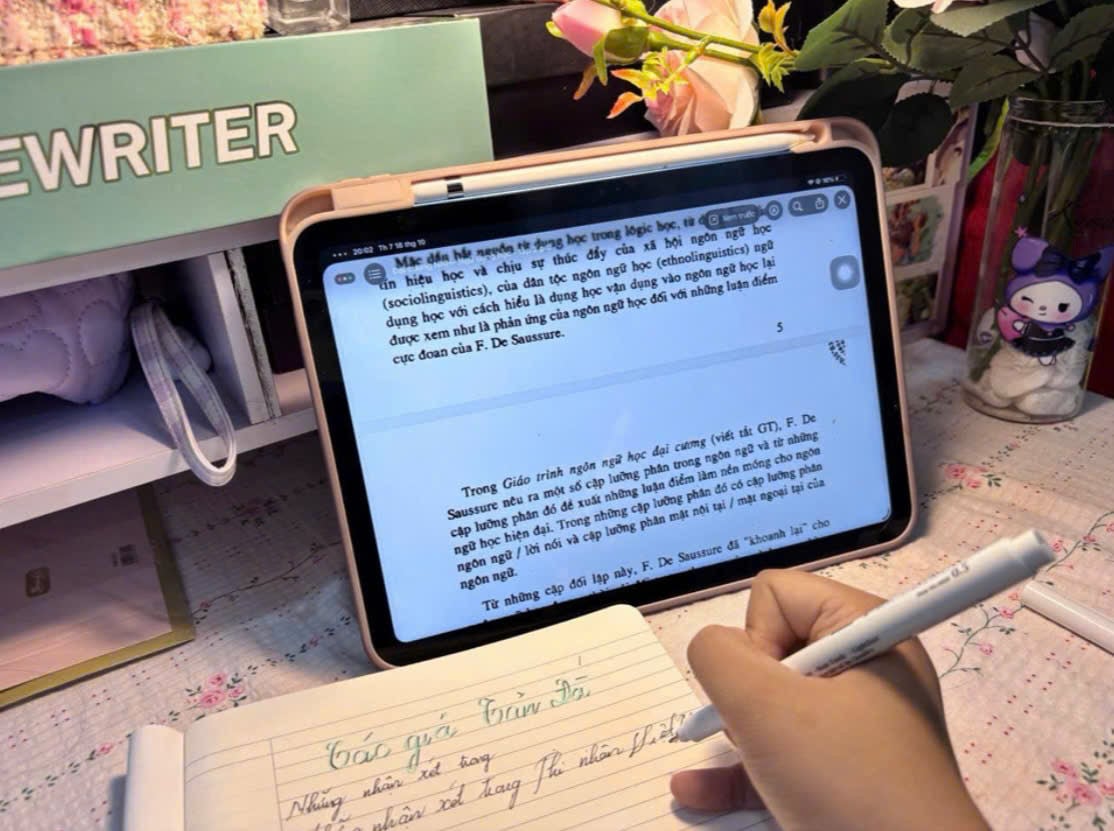
Despite only reading a few physical books a year, Quynh said she regularly researches more than 20 PDF academic documents and reads specialized articles. This shows that, instead of losing the habit of reading, many students are switching from traditional reading to digital reading, which is faster and more convenient.
The Internet is convenient but also a “double-edged sword”: many students only skim-read and watch summaries, easily losing their concentration because of social networks and short videos .
Hai Long, a student at a university in Cau Giay (Hanoi), admitted: “I intended to go online to look for documents, but then I got caught up in watching clips, reading comments… By the time I remembered, the whole session had passed. Now I read less and not as deeply as before.”
Many students still consider reading paper books as “outdated”. Others are hampered by time, the cost of buying books or simply do not have the patience to sit and read for long periods of time.
Change to adapt
However, it cannot be denied that today's students are creating a new form of reading culture - more flexible, more modern.
According to statistics from the Hanoi National University Library (VNU), in the period 2021-2023, the school's digital library system recorded more than 77.6 million visits, more than three times higher than in 2020 (23.6 million visits). By 2025, the Hanoi National University Library had served more than 142 million interactions and uses. This figure shows that students are increasingly proactive in exploiting electronic learning materials for learning and research.
In addition to expanding digital data, the library also regularly organizes activities such as "Reading Festival" and "A good book every week" to encourage students to return to paper books and practice deep reading skills in the technology age.
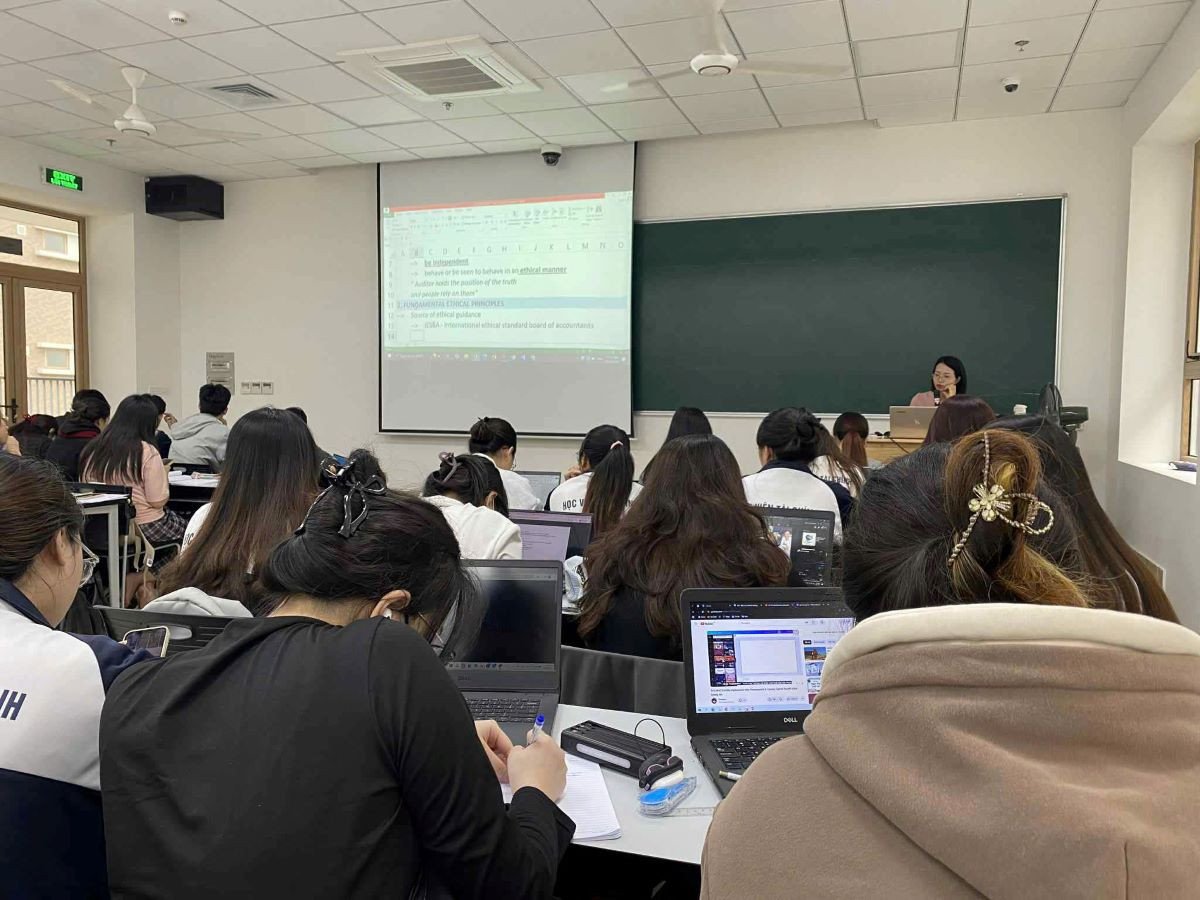
Many students don’t just read online; they use platforms like Google Books, Wattpad, or Kindle for quick reading, but still buy their favorite books to save, bookmark, and reflect on.
According to Huong Huyen, a student at the University of Commerce (Hanoi), maintaining a reading culture in the digital age is not just about “reading a lot”, but more importantly, reading selectively, reading to understand and knowing how to apply. Huyen shared that, amidst countless temptations from technology, each person can start with small actions such as spending 15-30 minutes a day on a long content without interruption, limiting the time spent surfing social networks, or joining book clubs to exchange and spread the spirit of learning and love of knowledge.
At Hanoi University, the HANU Book Club regularly organizes a series of “Book Talk” activities for students to read, discuss and share their feelings about meaningful books. This activity helps to stimulate interest in reading, create a space for connection and help students learn to listen, debate and look at issues from more diverse perspectives.
According to Dr. Nguyen Thi Thu Huyen, the rise of social networks and short content not only affects students, but also children and adults. Frequent exposure to fast information causes many people's ability to concentrate when reading long texts and their ability to process written information to decline significantly. When they lose the patience to read deeply, learners also gradually lose interest, ability to perceive and self-study ability - the core elements of reading culture.
However, along with that change, a new way of reading is also taking shape. Students today read more flexibly, taking advantage of technology to access knowledge anytime, anywhere, through many forms such as e-books or audiobooks. However, listening to books cannot completely replace reading, because only when reading - taking notes - underlining - contemplating, can readers truly understand and remember knowledge.
According to Dr. Huyen, building a reading culture needs to be formed early, starting from preschool and primary school. For students, to rekindle this habit, it is important to find a community or “reading tribe” - where people have the same interests and goals, encouraging each other to maintain reading. “You don’t need to read a lot right away, just a few pages a day, from your favorite books, and then gradually increase. The important thing is to maintain it regularly,” she said.
Ms. Huyen believes that, to foster a sustainable reading culture, schools should incorporate reading skills and university learning methods into the training program. “If students cannot read a lot, then read deeply; if they cannot read deeply, then read according to their own needs. When reading correctly, knowledge can be truly applied,” Dr. Huyen emphasized.
From a lecturer’s perspective, she believes that not only students but also society in general are reading less than before, when there are too many alternative forms of entertainment. However, the good news is that reading is “transforming” – from traditional to digital – opening up new opportunities for accessing knowledge, if readers know how to exploit and master their reading habits.
Source: https://vietnamnet.vn/sinh-vien-thoi-4-0-doc-it-di-hay-doc-khac-di-2456800.html


![[Photo] Fall Fair 2025 and impressive records](https://vphoto.vietnam.vn/thumb/1200x675/vietnam/resource/IMAGE/2025/11/03/1762180761230_ndo_br_tk-hcmt-15-jpg.webp)
![[Photo] General Secretary To Lam receives Singaporean Ambassador Jaya Ratnam](https://vphoto.vietnam.vn/thumb/1200x675/vietnam/resource/IMAGE/2025/11/03/1762171461424_a1-bnd-5309-9100-jpg.webp)

![[Photo] Prime Minister Pham Minh Chinh receives the Chairman of the Japan-Vietnam Friendship Association in the Kansai region](https://vphoto.vietnam.vn/thumb/1200x675/vietnam/resource/IMAGE/2025/11/03/1762176259003_ndo_br_dsc-9224-jpg.webp)
![[Photo] Lam Dong: Close-up of illegal lake with broken wall](https://vphoto.vietnam.vn/thumb/1200x675/vietnam/resource/IMAGE/2025/11/03/1762166057849_a5018a8dcbd5478b1ec4-jpg.webp)

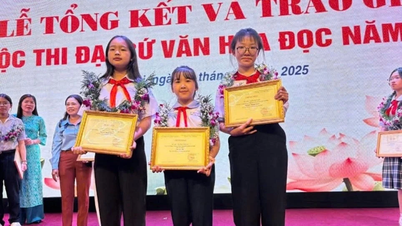

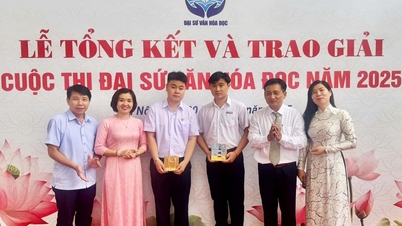

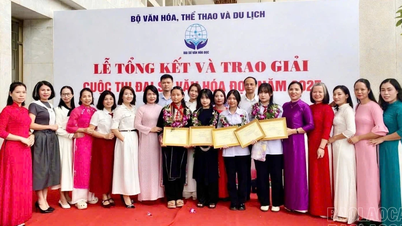

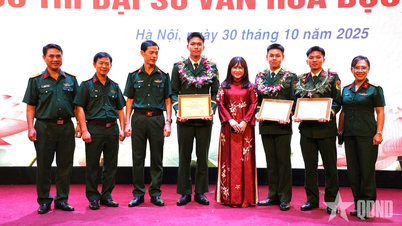

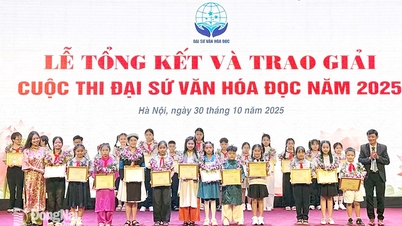







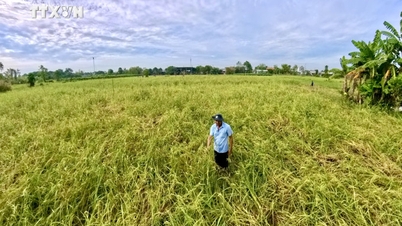













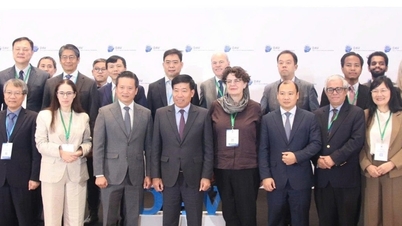


























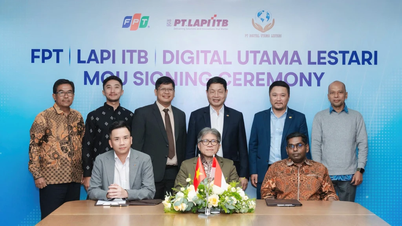








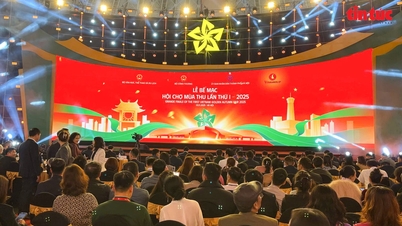






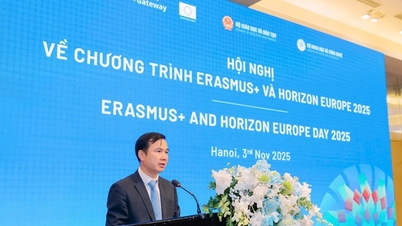

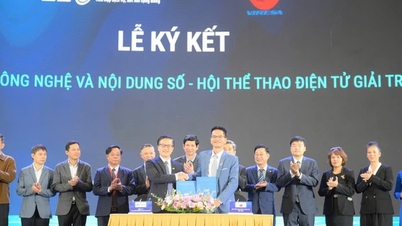

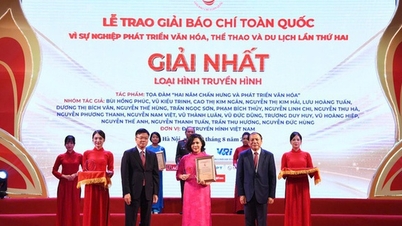


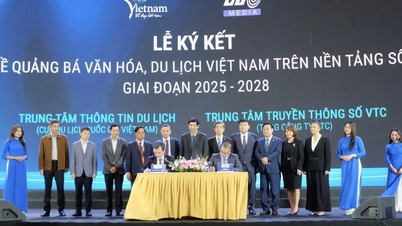
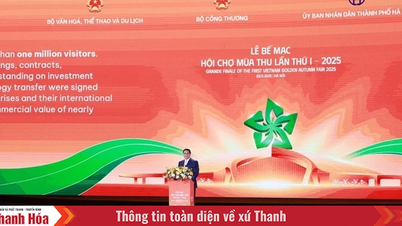



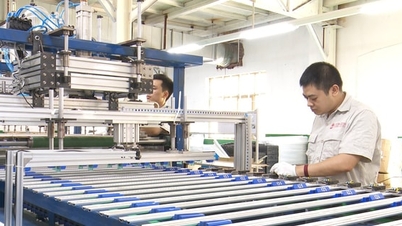


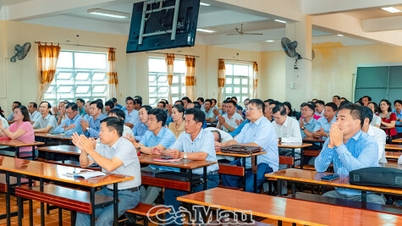
















Comment (0)